Note: This post contains affiliate links which means if you click on a link and purchase an item, we will receive an affiliate commission at no extra cost to you.
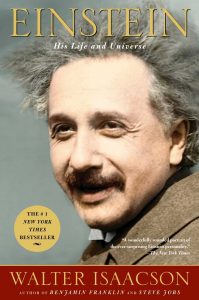 Ready to learn the most important takeaways from Einstein in less than two minutes? Keep reading!
Ready to learn the most important takeaways from Einstein in less than two minutes? Keep reading!
Why This Book Matters:
Walter Isaacson’s acclaimed biography, the first since all of Einstein’s papers became available, examines the events and experiences that shaped and inspired Einstein’s extraordinary career.
Key Takeaways:
- Einstein’s religious background and early development had a significant impact on him
- Being Jewish in Germany subjected Einstein to many anti-semitic attacks, contributing to his tendency to be a loner. He became fascinated by science at an early age, yet his contempt for authority got him kicked out of the school system.
- Einstein was an adulterer who married twice, but he was loved dearly by his students
- Einstein had a reputation for being very loving and generous, but he struggled to have positive marital relationships and had weak relationships with his children.
- 1905 was the first of two periods of great scientific achievement
- In 1905, Einstein wrote four papers on premises that revolutionized physics. The first led to the Law of Photoelectric Effect, which earned him the Nobel Prize. The second and third papers studied the behavior of particles (atoms and molecules) in liquids, while the fourth paper was on the Special Theory of Relativity.
- Einstein’s Special Theory of Relativity was composed of two postulates
- The first postulate is the Principle of Relativity that says if you’re moving at a constant speed, the laws of physics don’t change. The second is the light postulate that says the speed of light is constant (not relative), no matter the speed at which the light source is moving.
- Einstein created the General Theory of Relativity based on his previous work on relativity
- Einstein used the equivalence principle he created, which states that the local effects of gravity and acceleration are equivalent, to establish his General Theory of Relativity. He then worked with mathematicians to prove the theory with equation E=MC2.
- As Quantum Mechanics grew, Einstein disagreed with its approach
- Einstein believed in strict deterministic causality and objective reality in contrast to the quantum mechanics approach of arguing that there are no deterministic laws, only probabilities and chance. Despite this, he searched for a Unified Theory of the Cosmos.
- Although he was outspoken politically, Einstein never identified with any movements
- Einstein believed that God was the force behind the laws of nature, though he did maintain his Jewish identity. He also strongly believed in individual freedom and socialism.
- Productivity and curiosity never dwindled for Einstein, even in the last weeks of his life
- The week before he died, Einstein signed a manifesto condemning another world war, wrote a radio address concerning peace between Arabs and Jews in the newly formed state of Israel, and continued his search for evidence of a Unified Theory of the Cosmos.

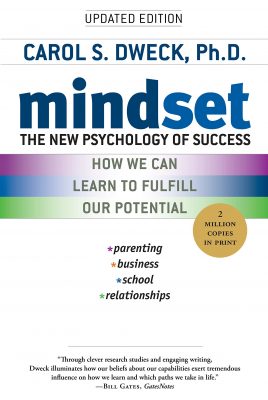
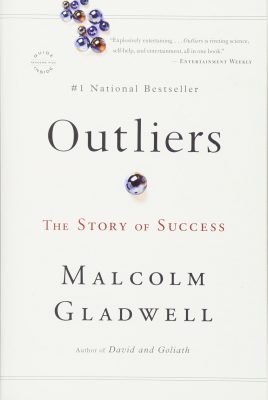
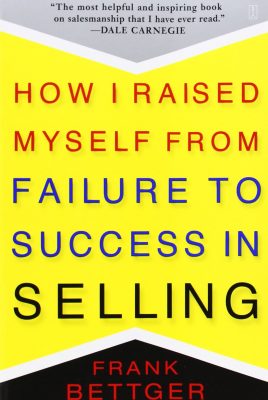
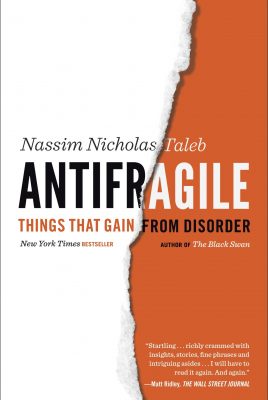

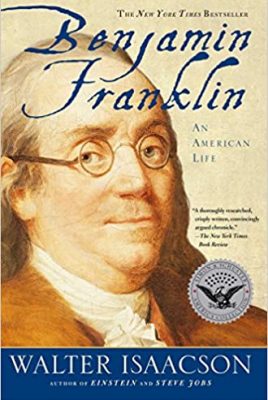
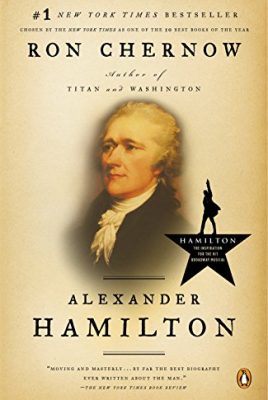
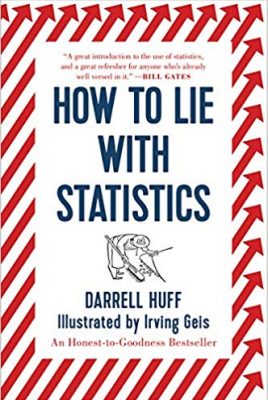
Leave a Reply
View Comments